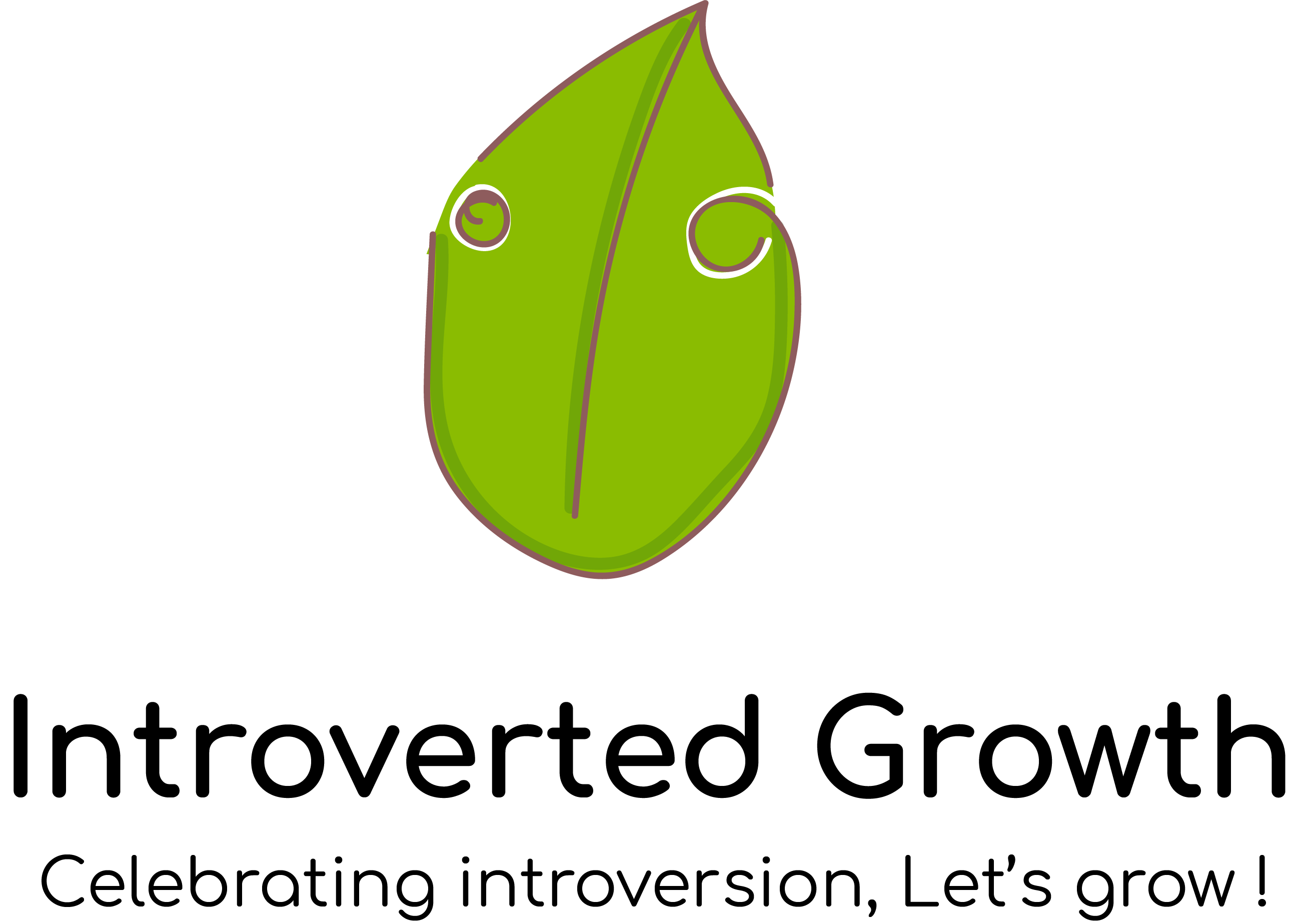INTPs are often mistaken as being aloof or unemotional. But the truth is, INTPs experience anger and other emotions just like everyone else. The only difference is that we express our anger in a different way.
We INTPs tend to bottle up our anger until it explodes. And when it does, it can be pretty intense.
In this article, we’ll discuss the 5 stages of INTP anger. We’ll discuss each stage in-depth, and give you some tips on how to deal with INTP anger.
The 5 Stages of INTP Anger
1) The Avoidance Phase
In the avoidance phase, INTPs will do everything possible to avoid angering the person or situation that they’re angry at. This might include staying silent when they want to speak up or covering their discomfort with sarcasm.
The avoidance phase can last for a while, INTPs are aware of the discomfort a certain person or situation is causing them, but they try to rationalize it away.
2) The Build-up Phase
In the build-up phase, INTPs will start to become more irritable than uncomfortable. This is the phase where the INTP recognizes that person or situation is angering them, but they’re not quite sure how to deal with it.
The build-up phase can last for a few hours, days, or even weeks. It all depends on how long it takes for the INTP to process their feelings and decide they’re angry.
This phase is often the most dangerous phase for INTP anger. This is when we’re most likely to overanalyze the reason for these negative feelings and end up getting overwhelmed. at the end of this phase, if the INTP isn’t able to rationalize their anger away, they’ll move on to the next phase.
3) The Confrontation Phase
In the confrontation phase, INTPs will finally confront the person or situation that’s angering them. This might be done in a calm or rational way, or it might be done in a very heated manner.
This is the stage where the INTP is ready to deal with their anger, and they want the person or situation to know it. This is also the stage where the INTP is most likely to say things they regret later on.
I should mention that some INTPs bypass this phase completely and go straight to the next one if they’re the avoidant type or they’re just too angry to talk it out.
4) The Explosive Anger Phase
This is the stage where the INTP anger explodes. We can be very intense during this stage, and we’re not afraid to let our anger show. We’re not rational or logical at this stage. We’re just wanting to let our anger out.
This stage can last for a few minutes or hours. It all depends on how long it takes for the INTP anger to dissipate.
This is the stage where we’re most likely to say things we regret later on, and it’s also the stage where we’re most likely to damage relationships.
5) The Resolution Phase
In the resolution phase, the INTP anger dissipates and we return to our normal state. We’ll usually apologize for anything we said or did during the explosion phase.
This is also the stage where we’ll try to fix any damage we caused during the explosion phase. We’ll often do this by overcompensating our anger with acts of kindness.
The resolution phase is when we try to make things right again. And it’s also the stage where we learn from our mistakes and try to find a better way to deal with our anger next time.
How to Deal With Your INTP Anger Issues
1) Acknowledge your anger
The first step in dealing with anger is acknowledging that you’re angry. This might be difficult for INTPs, as we’re often unaware of what we’re feeling and if we do, we’re good at hiding our feelings. But it’s important to identify what’s angering you and why.
2) Don’t bottle up your anger
The second step is to not bottle up your anger. This is often a temptation for INTPs, as we’re good at ignoring our feelings. But if you bottle up your anger, it’ll only continue to build until it explodes.
3) Adress the things that cause you discomfort
The third step is to address the things that cause you discomfort. This might mean confronting the person or situation that’s angering you. It might also mean avoiding them altogether.
4) Find a healthy outlet for your anger
The fourth step is to find a healthy outlet for your anger. This might mean going for a run, writing in a journal, or punching a bag.
5) Talk to someone about your anger
The fifth and final step is to talk to someone about your anger. This might be a friend, family member, therapist, anger management, counselor. Talking about your anger can help you better understand it and how to deal with it.
FAQs
Do INTPs have a temper?
Although they may not show it, INTPs can have a temper. They often bottle up their anger until it explodes.
How do INTPs express anger?
INTPs express anger in different ways. Some may confront the person or situation that’s angering them while others may avoid them altogether.
How do you know if an INTP is mad at you?
If an INTP is mad at you, they’ll likely coldly confront you about it. because they’re known for their no-nonsense approach. If you’re very precious to them and they don’t want to lose you, they may avoid you for a while until they’re fit enough to talk to you.
Why INTPs are dangerous?
INTPs are not dangerous. However, their anger can be. When INTP anger explodes, they’re likely to say things they regret or damage relationships. That’s why it’s important for INTPs to find a healthy outlet for their anger.
Do INTPs get irritated easily?
Depending on the reason that causes them irritation. INTPs have a low tolerance for anything they deem as pointless, such as small talk or being around people who are irrational. They get irritated when their time is wasted or when they feel like they’re not being heard.
How do INTPs calm down?
INTPs typically calm down by being alone. They need time to process their thoughts and feelings. Once they’ve had time to themselves, they’ll usually come back more level-headed and ready to talk about what’s angering them.
CONCLUSION
I hope you found this article helpful! If you did and you want to support our mission to create awareness for personality types, consider sharing this article with your friends and leave us some feedback! You can also check my other articles about this interesting personality type.






